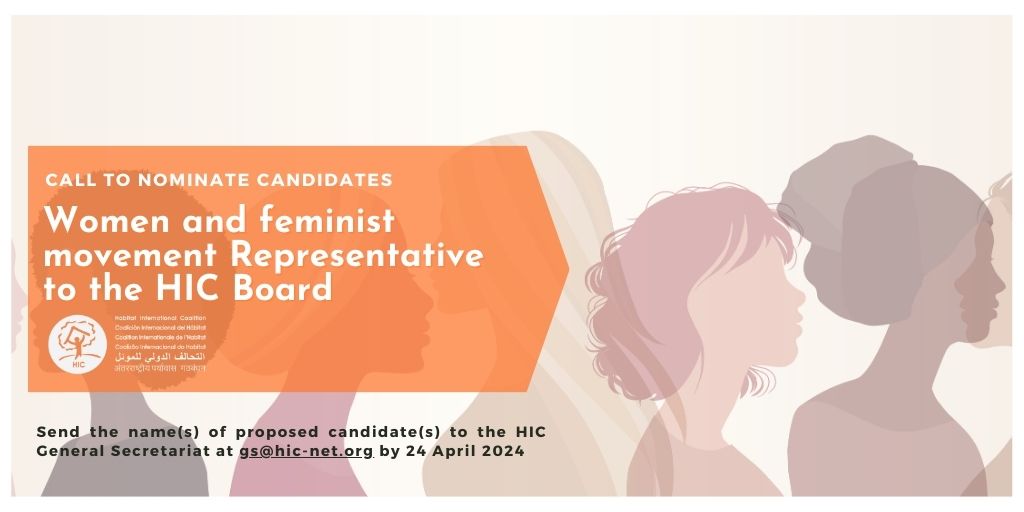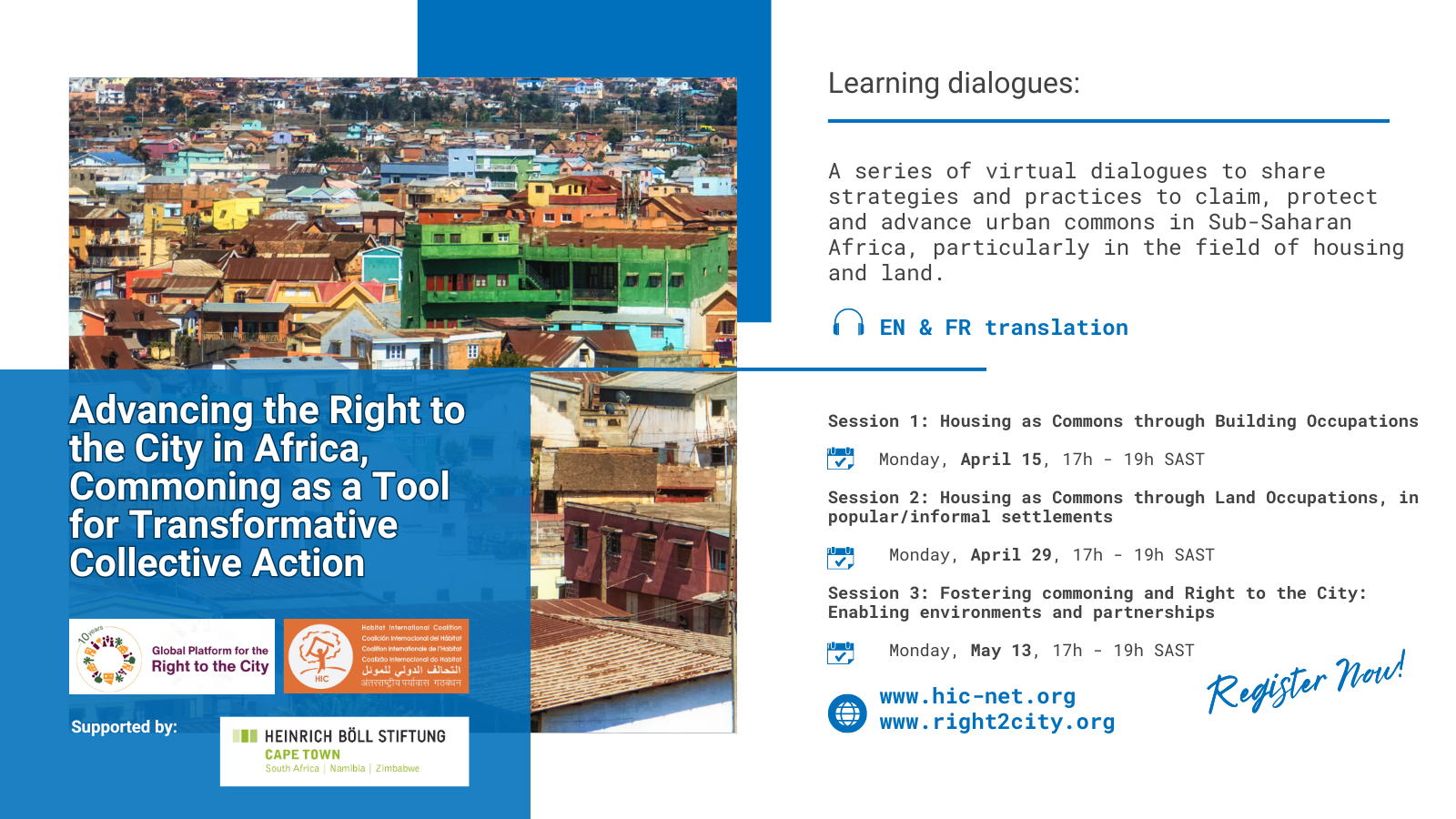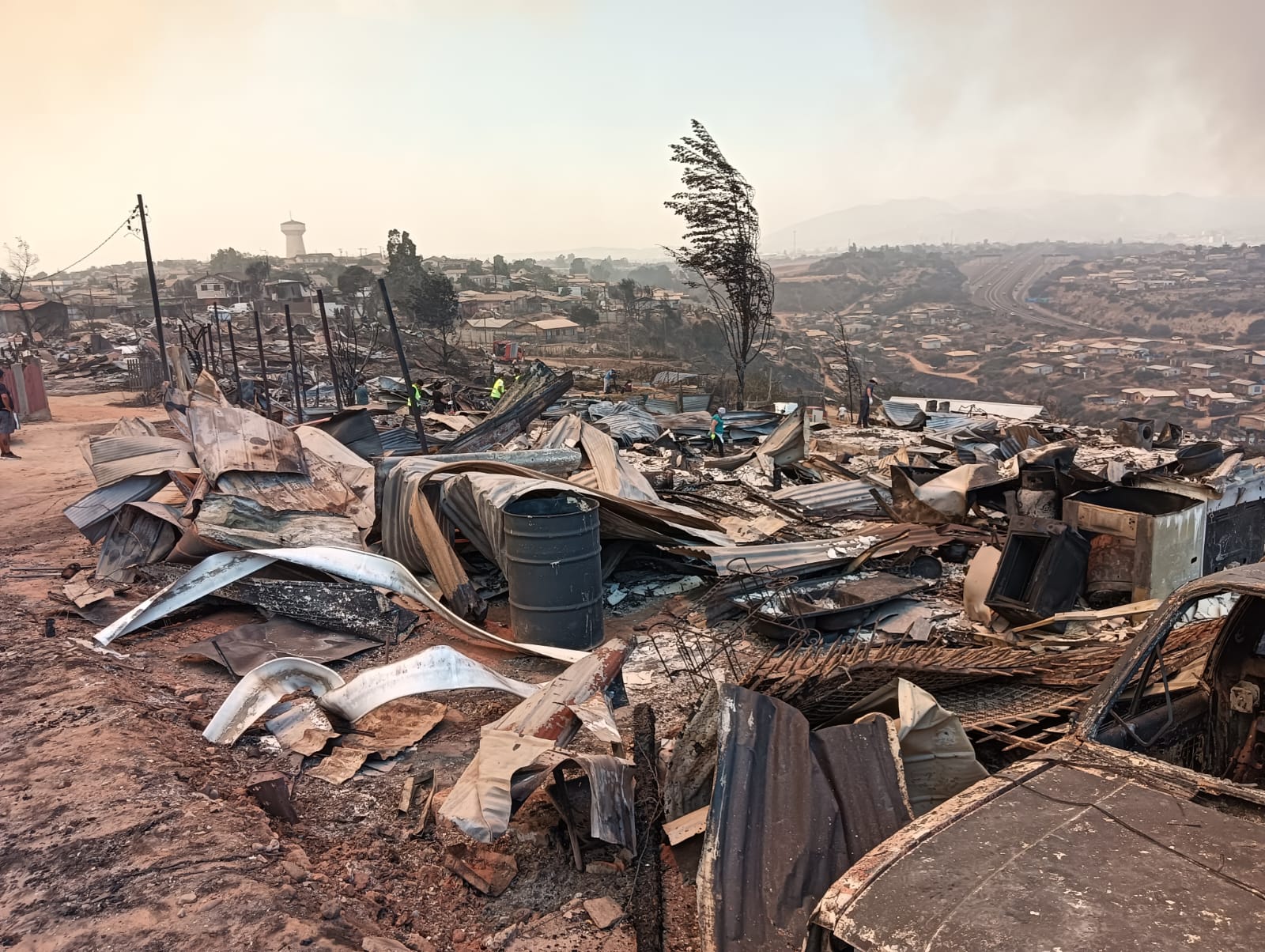A Melting Pot
Graz, capital of Styria province, is situated in the South of Austria and borders Slovenia and Hungary; lying at the crossroads of many European cultures. Romanic, Slavic, Magyar and Alpine-Germanic influences make its identity culturally unique. It is also a place of international encounter and intercultural and inter-religious dialogue. About 300,000 habitants live in Graz.
In September, 2000, Austrian Foreign Minister Benita Ferrero-Waldner announced at the 55th session of the General Assembly of the United Nations that Graz will be the “First Human Rights City in Europe.” In February, 2001, endorsed by the local government, the City Council of Graz took the unanimous decision to declare Graz as a Human Rights City and to commit itself to base every decision and act firmly on human rights theory so human rights standards would be respected in all decision-making. This commitment, implemented by a process of several years has been monitored by European Training and Research Centre on Human Rights and Democracy (ETC). In February, 2001, ETC and the most important institutions and organisations of Graz (NGOs, universities, political institutions, etc.) set up a Steering Committee (representing all sectors of society), assuming the task to guide the process. For this purpose, an analysis of the context, problems and good practices on human rights was conducted, followed by the development of a strategic plan of action, addressing all actors, state and the whole community involved in human rights issues, to define the future steps in the development of Graz as a Human Rights City.
A City Against Discrimination and for the Rights of the Vulnerable
An important list was created, naming social and humanitarian activities needed to qualify the city as a Human Rights City, for example, a search to provide accommodation and services to homeless people, as well as the minimum social support to everybody in need. The city also supported several NGO projects concerned with the issue of violence in the city, drug abuse, peace and development.
Regarding its mission of welcoming refugees, in December, 2001, Graz was named the most refugee-friendly city in Austria by UNHCR for welcoming refugees from the ex-Yugoslavia, and more particularly Chechnya. Some NGOs are especially dedicated to support them, sponsored with private or public funds. In a joint action with International PEN[1], Graz also gives scholarships to writers in asylum, an initiative called “Cities of Refuge.”
Consequently, rightwing movements have reacted with violence and extreme racism, rejecting foreigners and refugees.
As to fight against racism and discrimination, the city of Graz created a commission in charge of detecting human rights violations. It publically denounces all publications, documents or speeches that can be considered xenophobic in a monthly press conference. Other measures taken are the establishment of a council representing foreigners and migrants living in Graz and the holding of seminars with the participation of the EU Monitoring Centre against Racism and Xenophobia (EUMC)[2].
In terms of religious acceptance, the city has given a platform to interreligious dialogue, including hosting the Dalai Lama, a youth meeting in 2006, an international conference of Imams in 2003 and creating an inter-religious consultation council that meets several times a year.
Graz is an example of town promoting a dynamic social life while maintaining over centuries the harmonious integration of old buildings built in successive architectural styles, with green public areas making it environmentally friendly. New modern constructions –symbols of dynamism and growth and created by renowned architects– are authorized with caution with the conservation of the
Graz is also one of the two European cities on the list of seventeen to be integrated in the Human Rights Cities program of the People’s Movement for Human Rights Education (PDHRE).
In 2003, Graz was named the “Cultural Capital of Europe” by the EU Ministries of Culture.
An example of Good Practice for the Respect of Human Rights
Since 1997, the local sports stadium has been called the Arnold Schwarzenegger Stadium, as a nod to the once-poor farmer’s son and international celebrity who was educated in Graz and had always identified it as his native place. But Schwarzenegger, after becoming governor of California, refused to commute the death sentence for Stanley Tookie Williams, the leader of a gang in Los Angeles and the man was executed in California in 2005. The reaction of the City Council of Graz, considering death penalty as a medieval and inhuman practice, was to remove Arnold Schwartzenegger’s name from the 15,000-seat stadium.
Graz focuses on the implementation of many policies promoted in the guideline of the Charter for the right to the city: protection of the most vulnerable; democratic management of the urban properties; struggle against discrimination and social segregation; collective right to housing and access to service; and stimulation of good practices regarding human rights through awards. At a local level, the city of Graz has created legal instruments aimed at consolidating human rights in an urban context, focusing on the inclusion and the protection of the most vulnerable populations, promoting dialogue and coexistence between multiple communities, recognizing their dignity and respecting their cultural or religious differences. At the same time, the city struggles against environmental degradation, and also promotes the right to enjoy sustainable urban spaces. Its condemnation of unfair and xenophobic practices shows a clear intent to uphold human rights and promote the integration of justice in the daily life of the inhabitants of the city and its management.
In the main economic, social, cultural, political and spatial areas, Graz seems to promote the equitable usufruct of the city to all its inhabitants, regardless their ethnic origin, belief or social class. The city is making an effort to establish the basis of the right to the city in Europe as a way of living, allowing the inhabitants to own their city and monitor the decision-making regarding the construction or preservation of the city in which they want to live.
Europeprize. “Assemblée générale 2006, Graz: Compte rendu des résultats”. May 20, 2006. http://www.europeprize.eu/fr/?p=89.
Habitat International Coalition. “World Charter for the Right to the City”. 1995. http://hic-net.org/document.php?pid=2422.
Office of the High Representative and EU Special Representative. “Human Rights Report 23-29 June 97”. June 23, 1997. http://www.ohr.int/ohr-dept/hr-rol/thedept/hr-reports/hrcc-hr-rep/97-weekly/default.asp?content_id=5051.
Schoibl, Heinz. “National Report on Homelessness 2003 Austria”. European Federation of National Organisations Working with the Homeless, FEANTSA. 2003.
The People’s Movement for Human Rights Learning. “Human Right Cities – a practical way to learn and chart the future of humanity”. 2007. http://www.pdhre.org/projects/hrcommun.html.
[1] International Pen Club (“Poets, Essayists and Novelists”) is an international institution created in 1921 to promote literature and fight for the freedom of expression http://en.wikipedia.org/wiki/International_PEN
[2] The EU Monitoring Centre against Racism and Xenophobia (EUMC) is now called The European Union Agency for Fundamental Rights (FRA) (http://en.wikipedia.org/wiki/European_Fundamental_Rights_Agency)
[3] The safeguard of the rights of citizens (from old Swedish “umbuðsmann “, representative), refers to a state official appointed to provide a check on government activity in the interests of the citizen, and to oversee the investigation of complaints of improper government activity against the citizen, source http://en.wikipedia.org/wiki/Ombudsman)
To download "Cities for All: Experiences and Proposals for the Right to the City" in English, click here.


